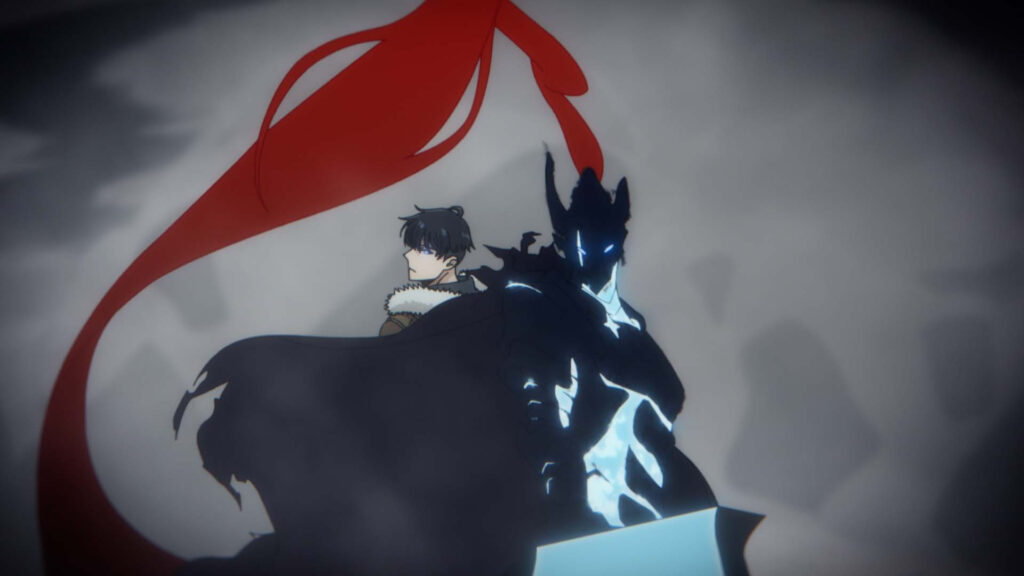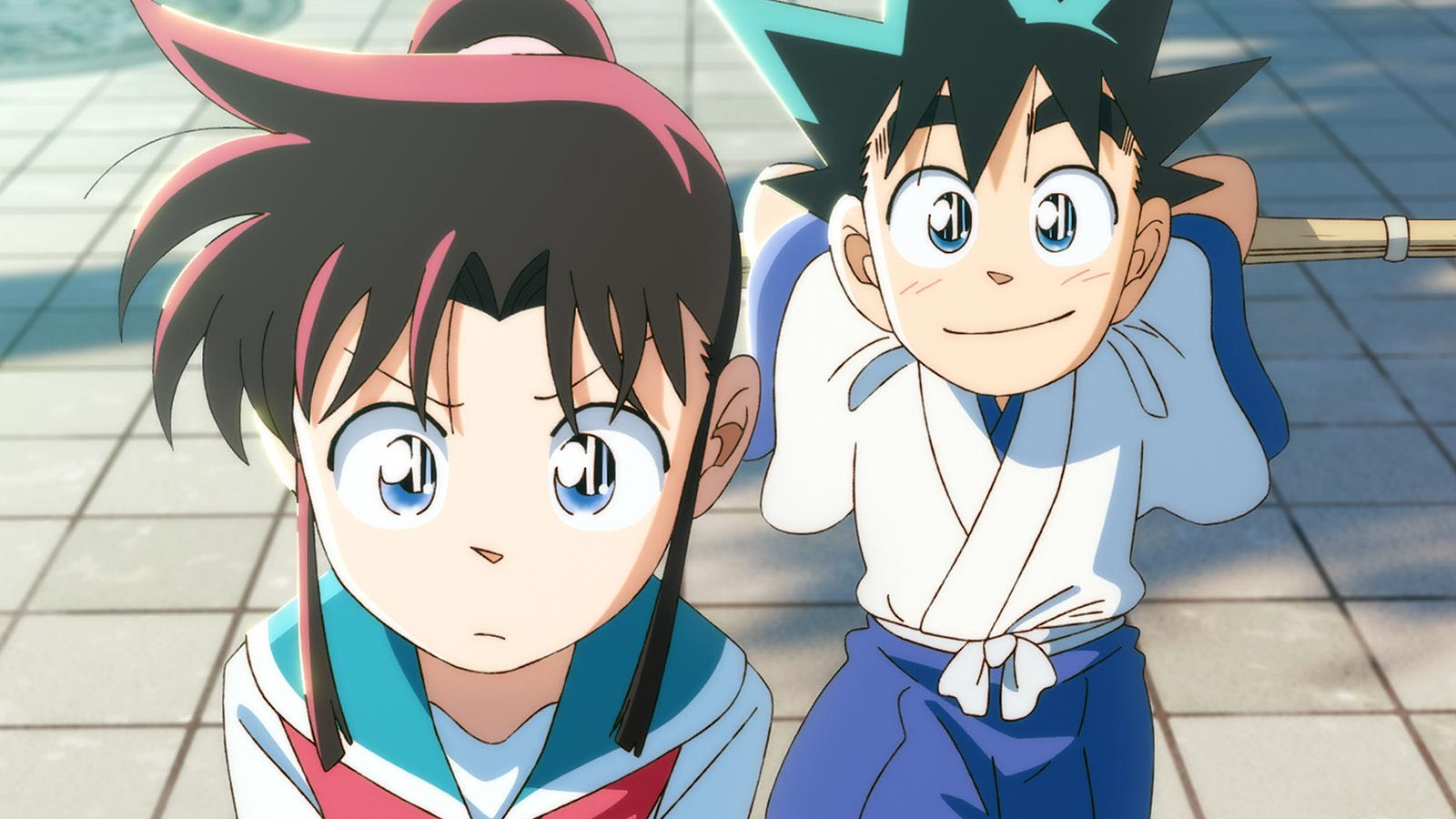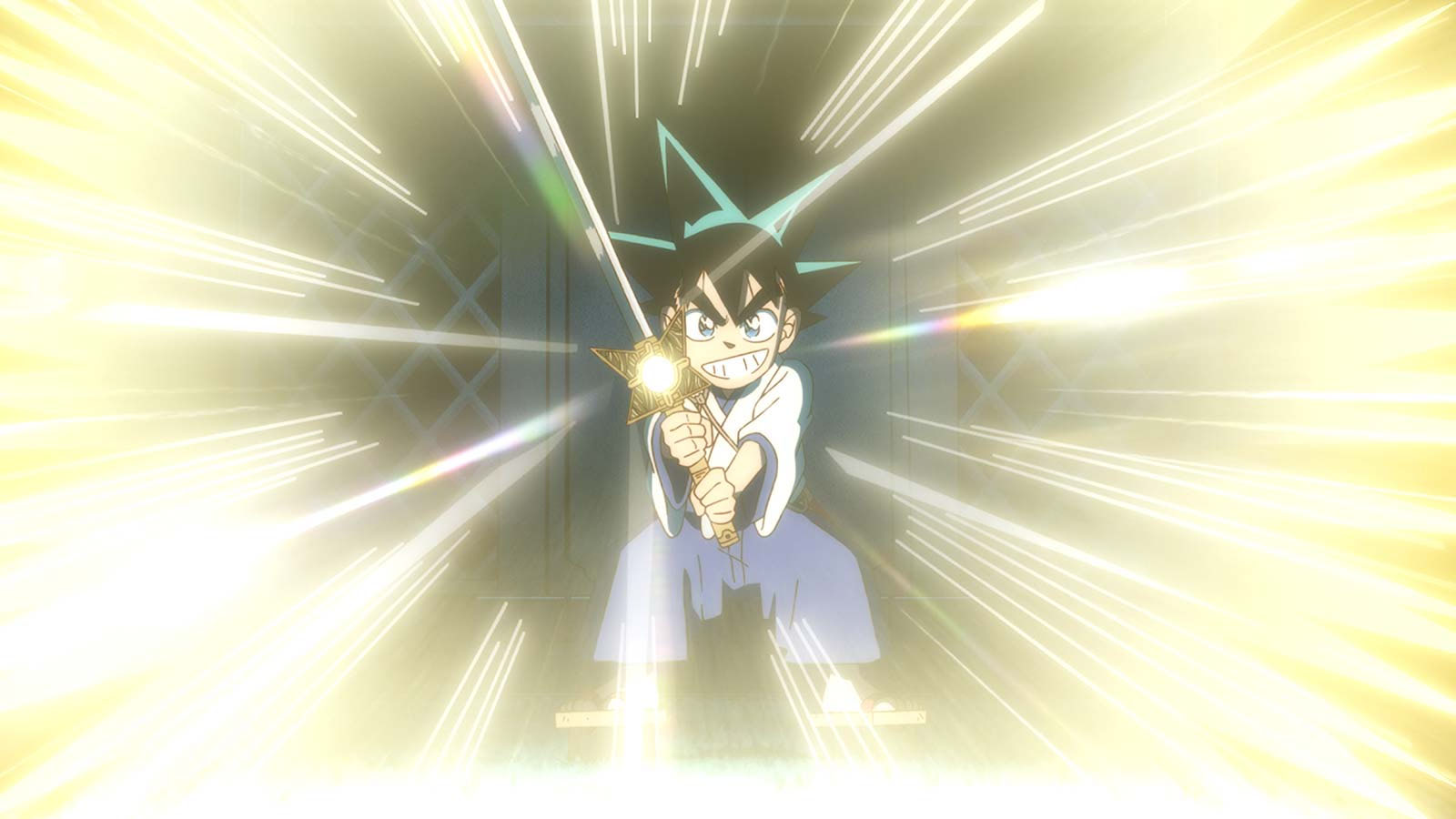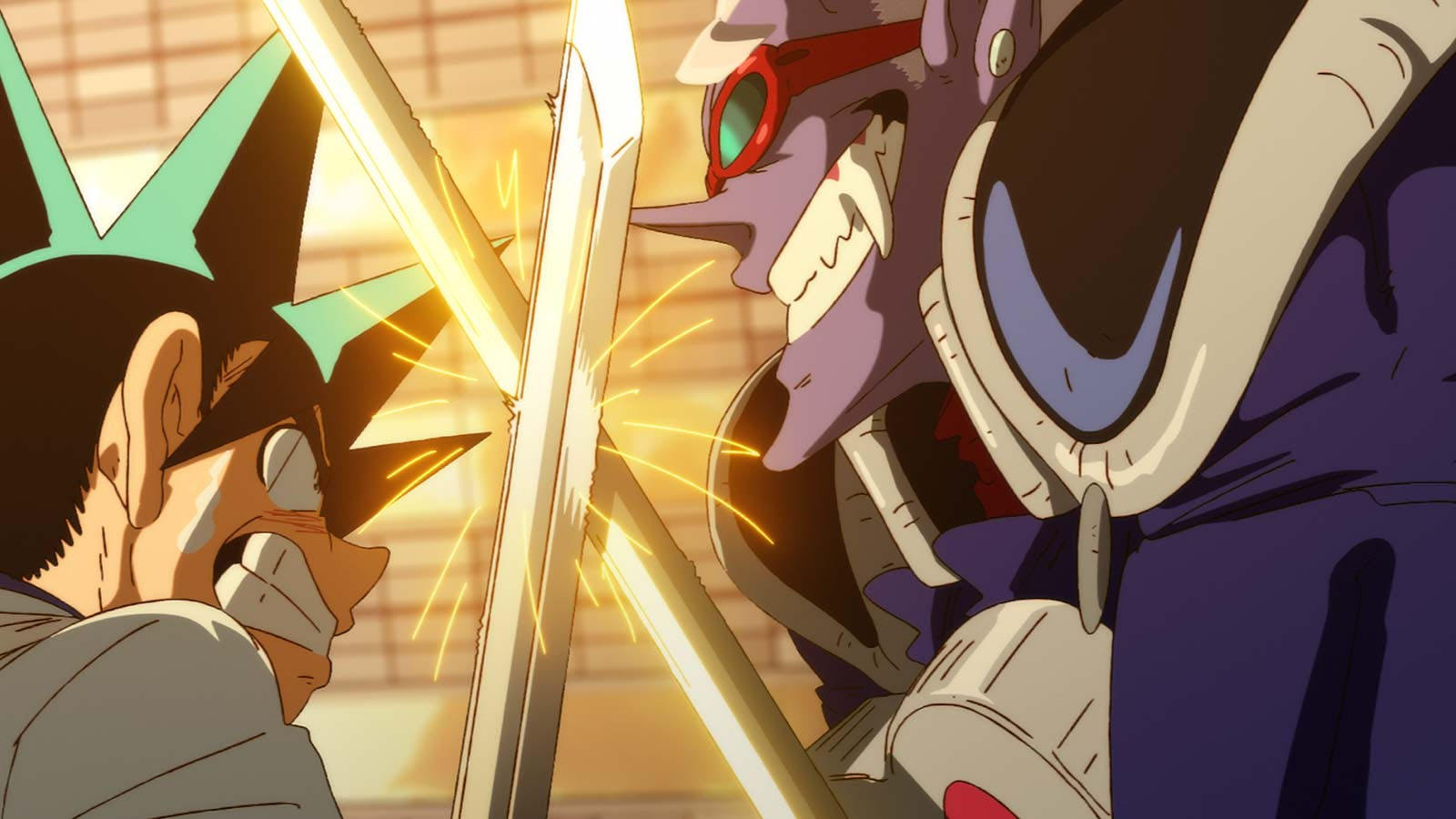The 2025 anime spring season came on strong. Lazarus, the new project from Cowboy Bebop creator Shinichiro Watanabe, launched in April, alongside Mobile Suit Gundam GQuuuuuuX. Wind Breaker season 2 brought more intense fighting scenes, while Kowloon Generic Romance proved to be the existential posthuman sci-fi I didn’t know I needed. This season, I also found a small gem: YAIBA: Samurai Legend, available on Netflix and Hulu. This adaptation of the 1988 manga by Gosho Aoyama, known for the long-running series Detective Conan (Case Closed in the US), reminded me that the aura trend that’s become such a big part of anime discourse isn’t fundamental to action anime shows, and that characters are more than their powers.
Aura has become a consistent topic in anime fandom, with fans discussing and theorizing about why one favorite character can “farm” more aura than others. Aura is an aesthetic experience: Not an inherent character trait, but the product of our interaction with their presence. It’s the name of the experience we have when characters act tough and cool in the face of danger. It is a performance. I was overwhelmed by Ichigo’s aura when he first said “Bankai” in Bleach. Aura flows from Hayato Suo’s look in certain scenes in Wind Breaker. The simple sight of X tossing a coin screams “AURA” in To Be Hero X. But no character has been defined by aura as much as Solo Leveling’s Sung Jinwoo.
Solo Leveling’s world is filled with hunters — people with awakened special abilities, from manipulating fire to healing — who explore other-dimensional dungeons to find materials, weapons, and other special items that can be converted into wealth. In this fictional world, the rules of video game RPGs apply to the characters’ reality. At the center is the protagonist Sung Jinwoo. In this power-fantasy anime, Sung started as the weakest hunter and became the strongest, unlocking the unique power to level up, which sets him apart from all other hunters.
But as a character, Sung exists for the sake of being powerful.
When Sung enters a battle, he is going to win. I know this because we see him being hit by the enemy’s strongest attack, the same enemy who just killed other high-rank hunters, and Sung won’t even move. He will just look at his enemy, more annoyed than concerned. That’s aura — and it does look awesome. But shows that operate around aura-centered characters eventually feel flat: It’s boring whenever such powerful characters aren’t risking destroying the whole world.
YAIBA: Samurai Legend goes in the opposite direction, with colorful scenarios, jokes instead of dramatic poses, and a little sassy boy as the protagonist. Originally written by Gosho Aoyama, author of the long-running Detective Conan manga series, YAIBA: Samurai Legend was adapted by Wit Studio (Attack on Titan, Spy × Family). The series tells the story of Yaiba, a boy who has lived most of his life in the jungle, training to be a samurai with his father. One day, Yaiba falls into a box of bananas and is accidentally shipped to Tokyo. There, he meets and challenges Takeshi Onimaru, the top kendo fighter in the region. After being defeated by Yaiba’s not-so-samurai-y technique of biting his opponent, Onimaru finds the Fujinken, a magical sword that merges him with the God of Wind, and he becomes an oni. Yaiba begins his adventure to find Raijinken, the sword of the God of Thunder, which will let him face Onimaru again.
YAIBA: Samurai Legend is a reinvigorating experience. Funny scenes and action sequences weave together to make this an endearing show. While it presents a familiar plot — “boy goes on a journey to become stronger and face a villain” — it brings the energy and approach from an earlier era of shounen that we might need more of now. As a mangaka writing at another time and for a different audience, like Akira Toriyama, who created Goku in Dragon Ball, and Riku Sanjo, who designed Dai for the Dragon Quest: Dai no Daiboken show, Aoyama didn’t design Yaiba as dramatic and menacing. He’s the powerful protagonist of an action anime show, but he’s silly, immature, and still learning how to be the best.
Yaiba’s story feels out of place compared to most shounen shows aired in recent years. The power fantasy in Solo Leveling builds the idea of a perfect fighter who achieves a superior position no one can challenge. It offers viewers the fantasy of stability and control, instead of the uncertainty of a path to become stronger, like the one Yaiba walks. And aura is the badge one carries when hitting the same spot as Sung Jinwoo.
As a character, Yaiba is the antithesis of Sung Jinwoo. Although strong, Yaiba needs training to reach his full potential. When Yaiba finally finds Raijinken, he easily removes the sword from a rock, something not even Miyamoto Musashi — one of the greatest samurai in Japan’s history, and Yaiba’s eventual master — was able to do. But power isn’t Yaiba’s personality, it’s something he’s developing. Initially, he’s just a courageous boy who wants to have fun fighting strong foes.
While Yaiba can’t control the spirit of the god in the sword like Onimaru did, he experiments and trains to compensate for being too weak to use Raijinken. Yaiba’s greatest strength is his capacity to find creative solutions and to persevere, a characteristic expected from traditional shonen protagonists. He is not interested in saving face by performing the role of the overpowered protagonist. If Yaiba isn’t strong enough to wield the mystical Raijinken, he’s willing to spin it like a circular saw, if that lets him defeat his enemies.
Yaiba’s comical journey to become a stronger samurai doesn’t lack action. Wit Studio creates memorable fighting sequences that not only offer the expected thrill of action shows, but also incorporate the series’ playful spirit. There is no dramatic scene where two enemies silently face each other, until in the blink of an eye, one of them is dead. Instead, we get a fun encounter with a giant slug Yaiba can defeat with salt, and an intense fight against a vampire.
With lots of action and a funny protagonist, YAIBA: Samurai Legend doesn’t come across as a conscious statement debunking or attacking aura. It’s just a reminder that limiting a character only as the outlet for stylish fighting moves is not enough. Yaiba makes a clean cut in the current aura trend and proves that true strength is not in the performance of power, but in the desire to nurture it with a big smile.
YAIBA: Samurai Legend is streaming on Netflix and Hulu.
Content shared from www.polygon.com.




